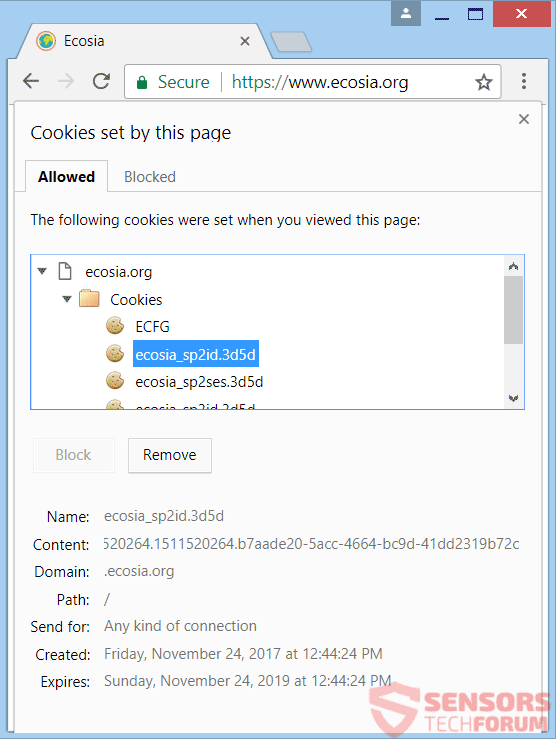


Using this ID, Google can recognize the user across different websites across domains and display personalized advertising. If Google Analytics and Google Ads accounts are linked, the conversion tags on the Google Ads website read this cookie.Ĭontains a randomly generated user ID. As long as it is set, certain data transfers are prevented.Ĭontains campaign-related information for the user. Using this ID, Google Analytics can recognize returning users on this website and merge the data from previous visits.Ĭertain data is only sent to Google Analytics a maximum of once per minute. Used by DoubleClick (Google Tag Manager) to help identify the visitors by either age, gender or interests.Ĭontains a randomly generated user ID. Other possible values indicate opt-out, inflight request or an error retrieving a Client ID from AMP Client ID service. Used by Matomo Analytics to store the attribution information, the referrer initially used to visit the website.Ĭreated by Matomo Analytics, short-lived cookies used to temporarily store data for the current visit.Ĭontains a token that can be used to retrieve a Client ID from AMP Client ID service. Used by Matomo Analytics to store a few details about the user, such as the unique visitor ID.
#Uninstall ecosia registration#
Required for identifying WU employees during the course registration process. Required to track the language and language courses selected by the user. Required for identifying the logged-in user in the Business Language Center’s course registration system. Required to protect forms against attacks. Required for assigning visitors to forms. Stores the last method used for logging in to the TYPO3 back end. Required for login and editing content in the TYPO3 back end. Required for login and access to protected content or for editing the user’s personal profile. Required to assign the appropriate answer to a request. To be able to display some WU-specific content, it is necessary that some information must be accessed by back-end WU systems. More news and updates can be found on the initiative’s Facebook site and Instagram. If you are already using Ecosia, to make sure that the trees are added to the WU tree counter, please uninstall Ecosia, delete the cookies and then reinstall it via the same link:
#Uninstall ecosia install#
To join the initiative, use the following link to install Ecosia as a browser extension on your computer or as an application on your mobile devices: The project’s findings show that within the first three months, WU students and staff captured nearly 7,000kg of CO2 from the air and financed 74 trees. Each search request actively removes 1kg of CO2 from the air. The project started at the beginning of this year, and since, more and more students and staff have chosen Ecosia over other search engines, thus contributing to positive impact. The movement was initiated by a group of students from oikos Vienna: a student organization that promotes sustainable economics and management education. The Ecosia on Campus initiative seeks to increase the use of this engine at WU. Ecosia – the first carbon negative search engine – uses the earnings it receives from advertising to plant trees worldwide.


 0 kommentar(er)
0 kommentar(er)
